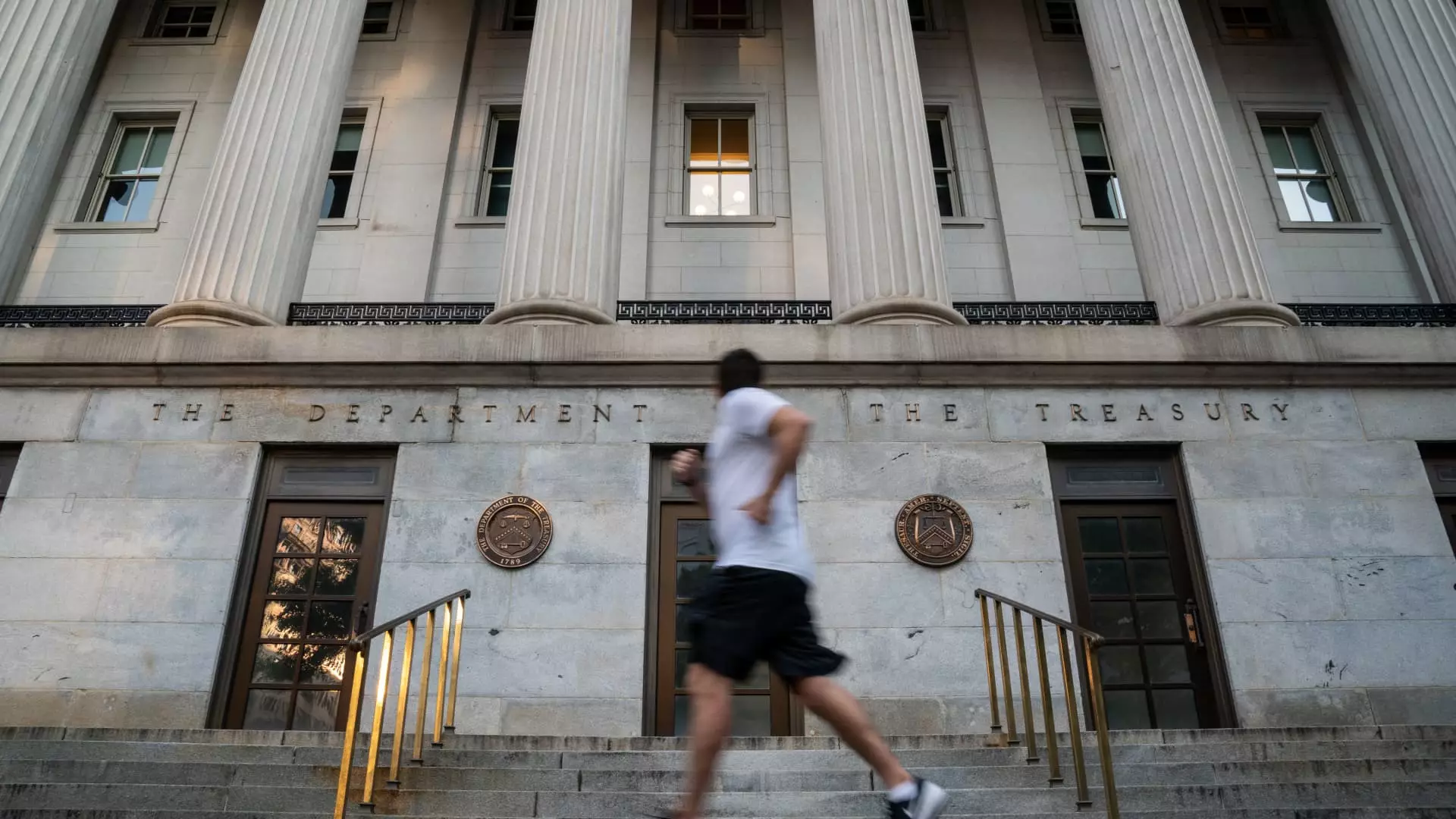The recent decision by the U.S. Department of Treasury to abolish the reporting requirements for small business owners under the Corporate Transparency Act represents not merely a regulatory shift, but a profound retreat from the principles of financial accountability and transparency. Initially touted as a significant step towards reducing financial crimes and corruption, the act aimed to unveil the murky world of beneficial ownership—wherein individuals hide behind layers of shell companies to perpetuate illicit activities. Unfortunately, this latest policy change raises suspicions regarding the actual intent behind such regulatory actions and casts doubt on the seriousness with which the federal government approaches corporate accountability.
A Playbook for Criminal Enterprise
By exempting U.S. citizens and businesses from reporting requirements, the Financial Crimes Enforcement Network (FinCEN) effectively hands criminals the keys to a more straightforward operational framework. Legal experts and advocates alike have voiced their concerns, suggesting that such relaxed scrutiny could arm those intent on laundering money and exploiting the financial system while undermining the integrity of legitimate businesses. Erin Bryan’s observation that this change “absolutely waters down the rule” is not merely an opinion; it’s a stark reflection of the dangers inherent in this deregulation. When the foundation of financial oversight is weakened, it creates an inviting environment for shell companies to flourish, thus transforming the U.S. into a veritable haven for illegal financial endeavors.
A Shrinkage of Scope Rather Than a Streamlining of Burden
FinCEN estimates suggest a shocking reduction in the number of entities subjected to reporting—from a staggering 32.6 million initially projected to a mere 20,000 following the new exemption. This drastic cut raises questions about the genuine motivations behind the policy. It seems to reflect an ease of business rationale at the expense of civic responsibility. While proponents may assert the need to balance burdensome regulations against the practicalities of business operations, this move appears less about facilitating commerce and more about dismantling vital protections against fraud and corruption.
The Influence of Elected Officials and Corporate Interests
This policy shift operates in lockstep with the broader deregulatory environment established during Donald Trump’s administration. What impact does political will have on critical issues like corporate transparency? Director Andrea Gacki’s statement about reassessing the balance between the usefulness of collecting beneficial ownership information and regulatory burdens feels more like a concession to lobbying pressures than an authentic engagement with the fundamental tenets of a fair market. In essence, this bows to a prevailing narrative favoring deregulation, demonstrating a concerning trend wherein the interests of certain businesses outweigh the public’s right to know about the entities interacting within its financial ecosystem.
A Global Lapse: Falling Behind International Standards
The United States risks ostracization on the global stage as countries worldwide increasingly adopt stringent beneficial ownership requirements. In contrast, the new FinCEN rule positions the U.S. as an outlier, potentially inviting criticism from international watchdogs and leading to reputational damage that could undermine foreign investment. While domestic businesses may welcome the easing of bureaucratic burdens, the implications for the country’s global standing and law enforcement capabilities are nothing short of alarming. International crime networks could exploit these gaps, further eroding any illusion of regulatory rigor in the U.S.
The Lost Opportunity for Reform
This misguided choice not only underscores the broader reluctance to enforce financial accountability but also signals a lost opportunity for businesses and lawmakers to champion transparency as a core value. In a moment when society is increasingly aware of the need for ethical governance and corporate responsibility, this decision looks like an unnecessary concession to powerful interests that profit from opacity. Policymakers should recognize that true economic vitality doesn’t stem from shirking responsibility but rather from fostering an environment of trust, integrity, and accountability—an environment now jeopardized by these regressive moves.
In the wake of this whitewashing of accountability, including public comment opportunities on the rule revision, what remains is a lingering question: are we truly committed to preventing financial crime, or is this merely a veiled opportunity for profits at the expense of moral and ethical responsibility? The stakes have never been higher; failure to enforce rigorous standards could have far-reaching and irreversible consequences for our democracy and financial integrity.

